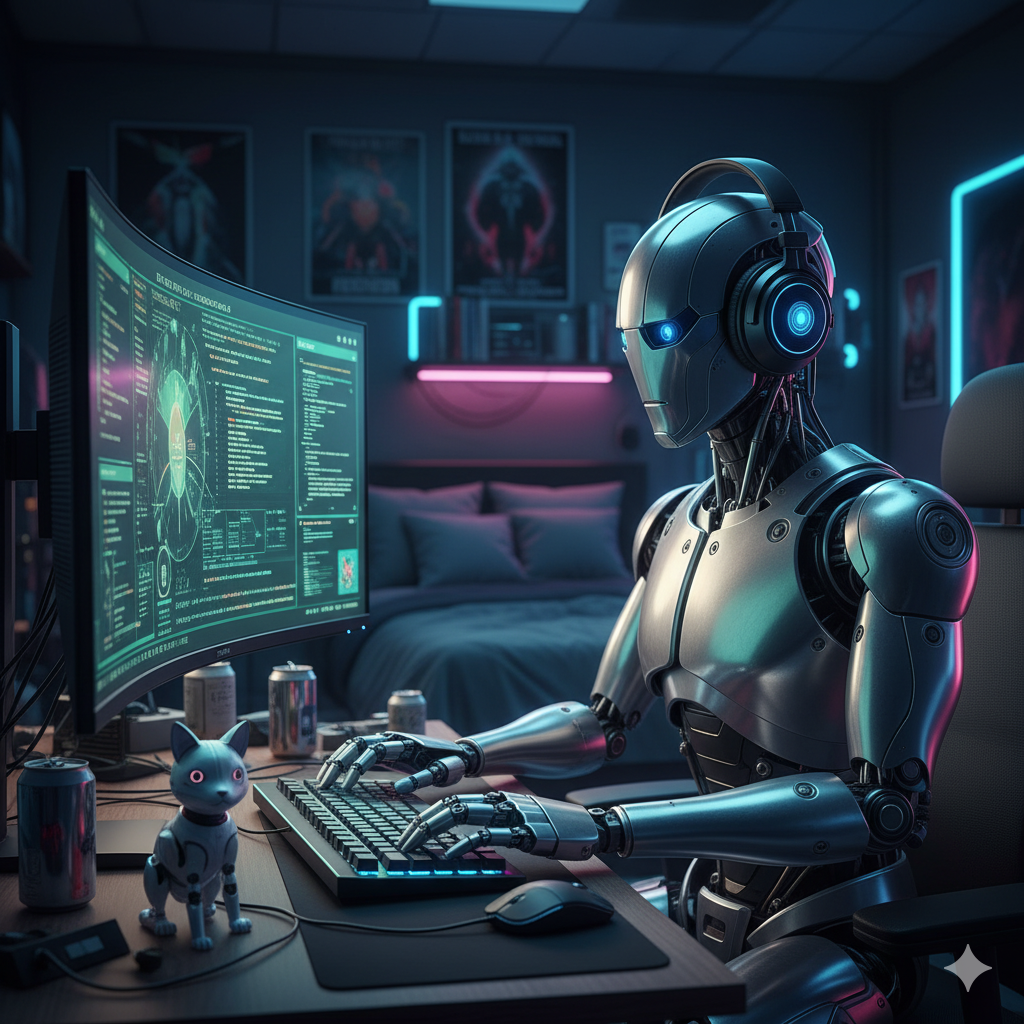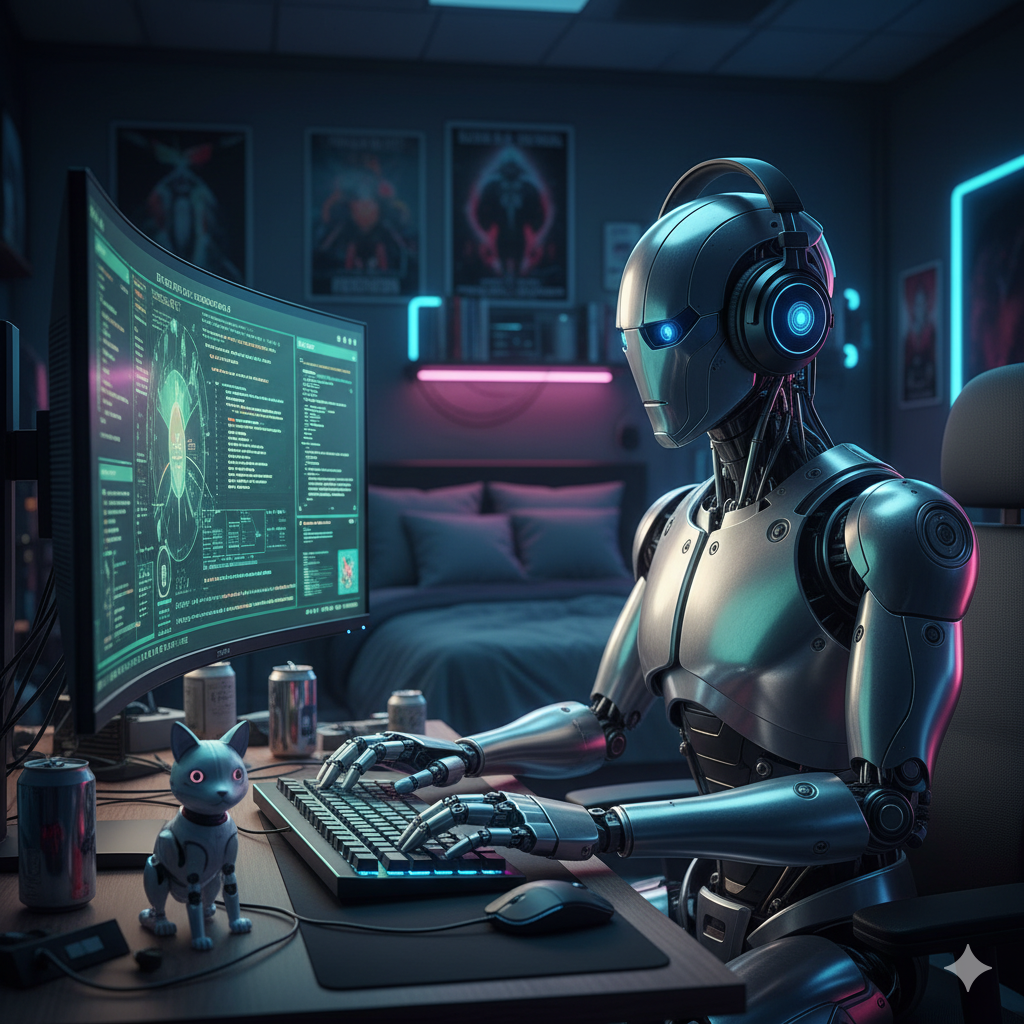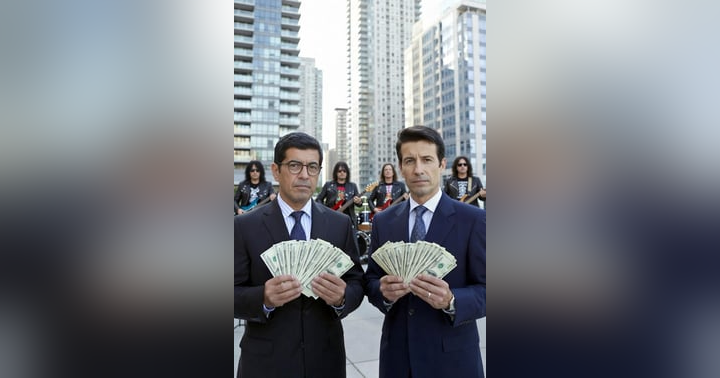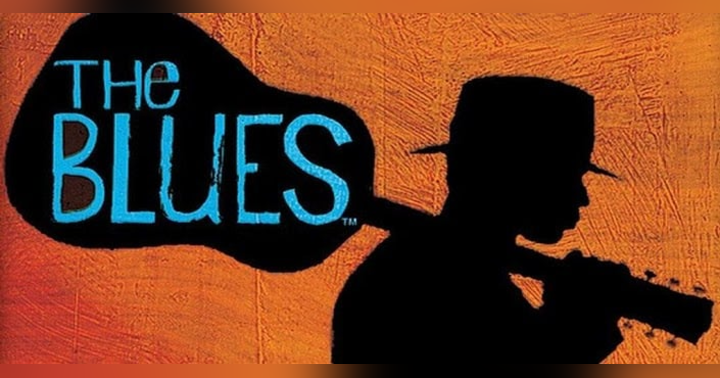AI's Double-Edged Symphony: Revolutionizing the Music Business in 2025

AI's Double-Edged Symphony: Revolutionizing the Music Business in 2025
In the ever-evolving world of music, where a single viral track can launch careers or shatter industries, artificial intelligence (AI) has emerged as both a virtuoso collaborator and a disruptive conductor. As we hit mid-2025, AI isn't just a buzzword—it's reshaping everything from composition to consumption, with the global AI music market surging to $6.65 billion this year and projected to balloon to $60.44 billion by 2034 at a staggering 27.8% CAGR. Yet, while AI promises democratization and innovation, it also sparks fierce debates over creativity, royalties, and the soul of artistry. This blog dives into how AI is affecting the music business, blending opportunities with pitfalls, backed by the latest trends and real-world examples.
The Creative Boom: AI as a Musician's Sidekick
AI's most celebrated role is as a creative accelerator, lowering barriers for artists and producers. Tools like Suno and AIVA can generate melodies, lyrics, and even full tracks in minutes—tasks that once demanded hours of studio grind. Around 60% of musicians now harness AI for mastering, composing, or artwork creation, turning bedroom producers into polished pros without breaking the bank. Take The Beatles' "Now And Then," the last "new" single from the Fab Four, which snagged a Grammy for Best Rock Performance in February 2025. AI isolated John Lennon's isolated vocals from a decades-old demo, blending them seamlessly with the band's surviving members—proving AI can resurrect ghosts of rock history while honoring human intent. Platforms like Landr and iZotope automate mixing and mastering, democratizing high-end production that was once reserved for major labels. On X (formerly Twitter), indie musicians are buzzing about this shift. One user, a growth specialist at Suno, shared how AI-generated tracks now rival amateur work in quality, created in under a minute—sparking both awe and anxiety about the pace of progress. The result? A flood of new talent, with AI enabling global collaboration, like producers "featuring" virtual singers from across the world.
Discovery and Distribution: Algorithms Calling the Shots
Streaming giants like Spotify and YouTube are leaning hard into AI for personalization, populating playlists and recommendations with eerie precision. By 2025, AI-driven discovery accounts for 74% of user music finds, while over 50% of top-streamed tracks are algorithmically boosted. This hyper-targeted approach boosts engagement, but it also risks creating echo chambers—pushing similar sounds and sidelining experimental genres. AI's darker side in distribution? Floods of undetectable AI-generated content. The psychedelic rock band The Velvet Sundown, fully AI-crafted, amassed over 1 million monthly Spotify listeners and thousands in royalties by mid-2025, leaving real artists questioning the platform's authenticity checks. As one X post lamented, this "slippery slope" is eroding trust, with AI tunes disguised as human-made diluting the pool and slashing per-stream payouts. Projections show AI content contributing to a 17.2% revenue uptick industry-wide, but much of that funnels to tech platforms, not creators.
The Revenue Remix: Who Gets Paid?
Here's where the discord hits hardest. AI lowers production costs for labels and streamers—fewer royalties to humans mean more profit margins—but it squeezes working musicians. With content exploding, streams per artist plummet, and 82% of listeners can't tell AI from human tracks, diluting the value of originals. Luminate's 2025 report flags slowing streaming growth and skyrocketing concert prices as twin pressures, with AI exacerbating income instability for non-superstars. Ethical AI use is a hot topic too. Copyright infringement looms large as models train on unlicensed datasets, prompting calls for opt-in licensing and transparency. The American Federation of Musicians warns that without safeguards, AI could "marginalize artists further," especially under potential deregulation in a Trump-led U.S. On X, creators vent frustration over IP theft, with one artist highlighting how AI agents "take our contents... without permission," eroding livelihoods.
Live and Immersive Experiences: AI Takes the Stage
Beyond the studio, AI is amplifying live music. Dynamic holograms and AR visuals sync to tempos in real-time, elevating concerts into multisensory spectacles. VR platforms let fans "attend" personalized virtual gigs, blending AI curation with immersive worlds—think watching your favorite band in a custom-tailored digital realm.But over-reliance could homogenize shows, prioritizing data-driven hits over bold risks. As one industry insider notes, balancing AI analytics with "traditional instincts" is key to nurturing diverse acts.
Navigating the Noise: Strategies for Survival
So, fight AI, ignore it, or embrace it? Experts say collaborate wisely. Artists should watermark originals, advocate for regulations like the EU's AI Act extensions, and use tools ethically to augment—not replace—their voice. Labels are pushing for "human oversight" in AI deployment, ensuring tech enhances cultural diversity.For emerging talents like Nikita Lev, whose indie-folk introspection thrives on raw emotion, AI could handle mundane tasks, freeing her for Berlin tours and EP drops. But as X discussions reveal, ignoring the merch and branding ripple effects—from AI art undercutting visual artists—could spell trouble.
The Encore: Harmony or Cacophony? AI's
impact on the music business in 2025 is a remix of exhilaration and alarm: empowering the underrepresented while threatening the essence of human artistry. With revenue projected to rise yet unevenly distributed, the industry must harmonize innovation with protection—through policy, ethics, and collaboration. As one Sonarworks CEO put it post-NAMM 2025, "The AI era is here... bigger than most dare to think." Will it amplify voices or drown them out? That depends on us—creators, fans, and policymakers—tuning the dial toward a fairer playlist. What’s your take? Drop a comment: Has AI sparked or stifled your music journey?







